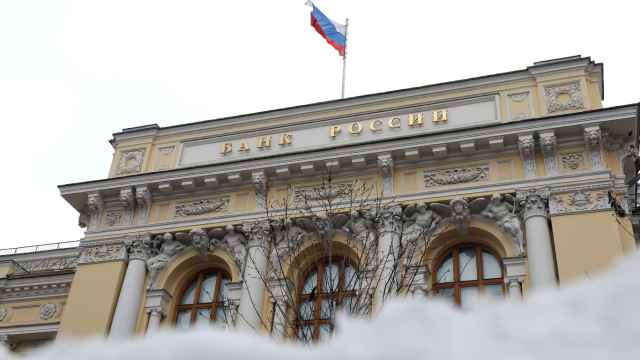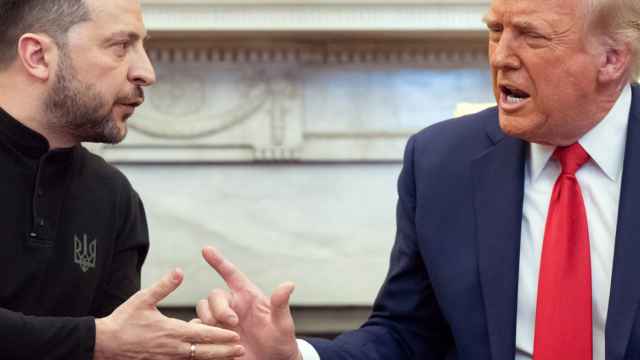As elections approach, every incumbent politician or party likes to say: "It is best not to trade horses in midstream." And those who want to come to power always say, "The time has come for change."
After the elections, those who claimed victory always tell those who contest the results, "Don't rock the boat" — as if even discussing allegations of ballot box-stuffing and fabricated results undermines the legitimacy of government as a whole.
This is quite natural, and all politicians do it. In the 2000 U.S. presidential elections, George W. Bush was prematurely declared the winner and then spent days telling his rival, Al Gore, that he was undermining the whole political system by challenging the results in court. This happened despite the fact that it remained unclear who, in fact, had been elected president until the recount was completed and the Supreme Court gave its ruling.
The current situation in Russia is unfolding in exactly the same way.
United Russia leaders, including President Dmitry Medvedev, contend that those who cast doubt upon official election results are undermining the stability of government. Meanwhile, Prime Minister Vladimir Putin — another leader of United Russia — has been basing his entire re-election campaign on the claim that his rivals oppose the very existence of state power in Russia. Of course, that is untrue. Most of his opponents are very much in favor of a strong government — it's just that they would prefer to see themselves in the Kremlin instead of Putin.
In this respect, politicians who are able to frame the debate in such a way that criticism directed at them becomes criticism of authority in general — or better yet, of the country as a whole — are better able to ensure their own political survival.
However, thoughtful voters differ from passive ones: They realize that the appeal to "stop rocking the boat" is a standard reaction from anyone who has power and is afraid of losing it. In fact, motives for rocking the boat depend on the situation, and each case must be examined separately.
If, as sometimes happens, the votes are counted honestly and yet the losing side organizes demonstrations to challenge the results, the protesters are in the wrong. But if the election results were fabricated so that a great many seats in parliament were given to those who did not earn them, then the perpetrators of such a deed are themselves rocking the boat and not those who challenge them.
Political stability is not when a leader remains at his post regardless of whether people voted for him. True stability is when the leader and party of power come and go according to the wishes of the voters. It is no coincidence that the most stable former Soviet republics are those where the party in power changes with almost every election.
Russia does not need more upheavals or revolutions. It needs long years of uninterrupted development. It was to ensure Russia's right to that peaceful and fruitful development that tens of thousands of people rallied on Moscow's Bolotnaya Ploshchad last Saturday.
Konstantin Sonin is a professor at the New Economic School in Moscow and a columnist for Vedomosti.
A Message from The Moscow Times:
Dear readers,
We are facing unprecedented challenges. Russia's Prosecutor General's Office has designated The Moscow Times as an "undesirable" organization, criminalizing our work and putting our staff at risk of prosecution. This follows our earlier unjust labeling as a "foreign agent."
These actions are direct attempts to silence independent journalism in Russia. The authorities claim our work "discredits the decisions of the Russian leadership." We see things differently: we strive to provide accurate, unbiased reporting on Russia.
We, the journalists of The Moscow Times, refuse to be silenced. But to continue our work, we need your help.
Your support, no matter how small, makes a world of difference. If you can, please support us monthly starting from just $2. It's quick to set up, and every contribution makes a significant impact.
By supporting The Moscow Times, you're defending open, independent journalism in the face of repression. Thank you for standing with us.
Remind me later.





